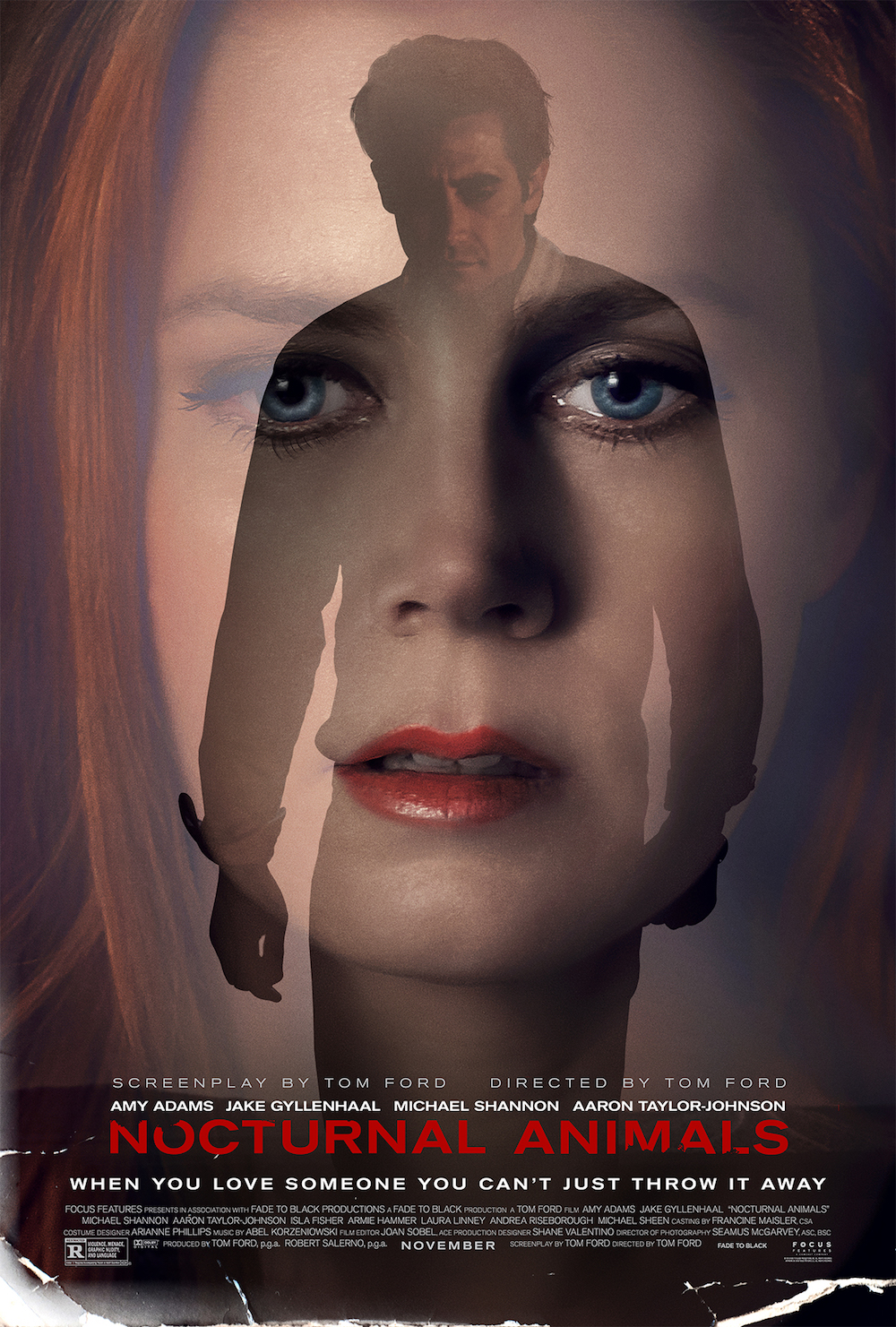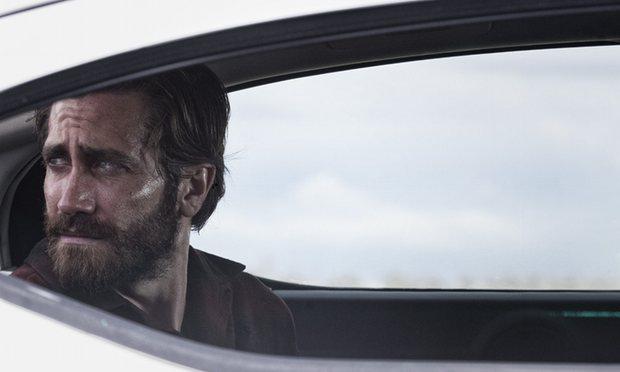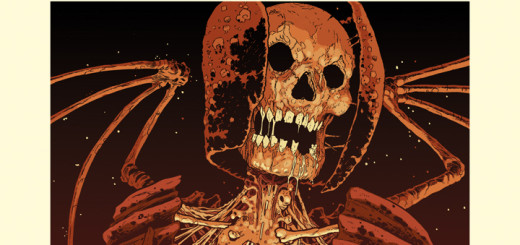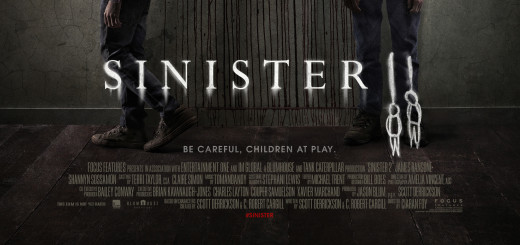NOCTURNAL ANIMALS Review

Director: Tom Ford
Genre: Drama, Thriller
Year: 2016
What happens to a person when the imitation of art and life become interchangeable? It’s a question that’s never been asked with quite as much meditative angst as in Tom Ford’s sophomore feature, NOCTURNAL ANIMALS. After the success of the somber, flawed, but ultimately noteworthy A SINGLE MAN, Tom Ford has crafted exactly the film that young storytellers strive to make, for better and for worse. In a tour de force of repressed emotions, lead actors Amy Adams and Jake Gyllenhaal cascade through a catacomb-like series of parallel narratives, each informing on the subtext presented in the other. Ford’s non-linear craftsmanship shines here, a beacon of what can be accomplished formally when carving out a narrative rooted in dichotomy. But with that also comes a certain sense of one-note wonderment, a fantastic emotional exercise that suffers from a hampered rewatch value.
Credit must be given where credit is due: Tom Ford is an absolute master in style. NOCTURNAL ANIMALS is feverish. A sexy, somber, tragic, and occasionally disturbing foray into the psychology of broken individuals. Amy Adams showcases a distinct, bourgeois depression here that finds its bearings in the muted success of Tom Ford’s sleek life in fashion. There is something distinctly personal about her vulnerability that allows NOCTURNAL ANIMALS to feel like more than a wandering game of regret and vengeance.

“My God, it’s a Joshua Tree in Texas!”
Opening on a deliciously joyous montage of overweight, nude women, NOCTURNAL ANIMALS quickly but elegantly introduces its core conflict, namely that of a woman who has attained physical and material perfection, but has lost her will to live and her capacity to love. With that in mind, Tom Ford kicks off his inciting incident—that of a manuscript written by Amy Adams’s ex-husband, played with wonderful range by Jake Gyllenhaal. The narrative shifts gears drastically here, crafting a tangled web of fiction and non-fiction (within a narrative that in and of itself is already fiction). To say that I had no idea where Ford was taking me would be an understatement. And frankly, it was exquisite.
What really makes NOCTURNAL ANIMALS tick is that it has three distinct timelines: that of a depressed, wealthy Amy Adams, one of her meeting Jake Gyllenhaal for the first time in New York City, and a dramatization of everything that happens in the book, with Gyllenhaal playing husband and Adams playing wife. It’s perversely grim and yet radiates with a sense of deep complexity that allows Ford to unravel his story like origami. Painterly imagery and fantastic performances aside, NOCTURNAL ANIMALS’s greatest accomplishment is that the bulk of its narrative takes place inside of Gyllenhaal’s manuscript, and yet it denotes subtexts of vengeance, regret, resentment, lost love, frustration, and melancholy that the film’s quasi-non-fiction segments do not.

Pictured: Tom Ford trying to write the screenplay to NOCTURNAL ANIMALS
Despite the fact that art literally imitates life, it is life that feels the consequence of the art. This is the core dichotomy of Ford’s film. As a viewer, we are just as much engaged in what we know is “just a book” as we are in the rest of the film. Why? Aren’t the other two narratives “just a film”? Actually, isn’t the whole experience “just a film”? It’s at this point that Ford really starts to excite me with what he’s trying to say. Our understanding of the artifice of art is challenged to phenomenal degrees here. And it’s all done through story and character. Ford tries to link this commentary with thematic and allegorical symbols. But whether it’s a painting that says “revenge,” or Adams’s bunker-like shell of a home, it’s all a little too on-the-nose.
But perhaps what shocks me the most about Ford’s accomplishment is that NOCTURNAL ANIMALS is still brutally effective and fantastically devastating despite how ham-fisted its allegorical work may be. Much of this needs to be credited to Ford’s seamless interplay between these narratives, utilizing match cuts and auditory transitions in ways that blend these distinct realities (and non-realities) into a single entity. However, it’s the performances that really solidify Ford’s thesis here.

It’s okay to cry, Jake, you’re a good egg
Adams and Gyllenhaal display a tragic love for one another despite the little screen time they actually share (a bold and brilliant choice on Ford’s part). Michael Shannon and Aaron Taylor-Johnson deliver career-high performances, showcasing an earnestness and an insanity, respectively, that allow the fictional universe of the manuscript to gain a dramatic weight that would otherwise render the greater narrative tepid. As much as NOCTURNAL ANIMALS misses the mark in its symbolic construction, it is perhaps the most poignant, quiet character portrait on the artifice of wealth that viewers will see this year, making it a phenomenal pairing with Nicolas Wending Refn’s THE NEON DEMON.
Verdict: Recommend



